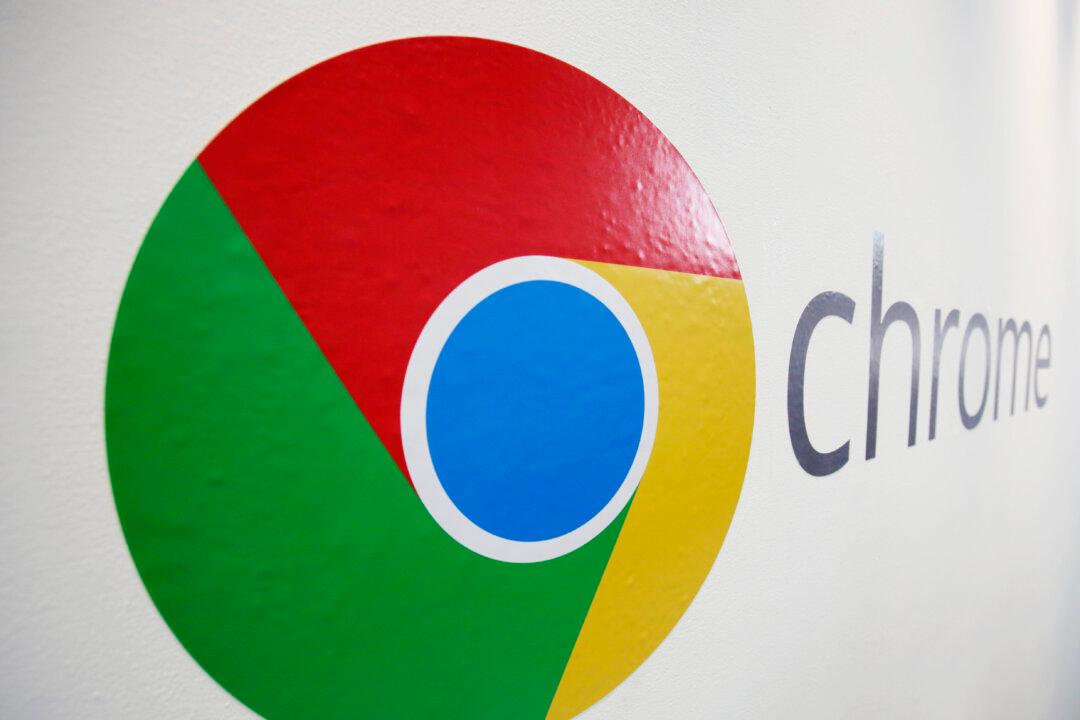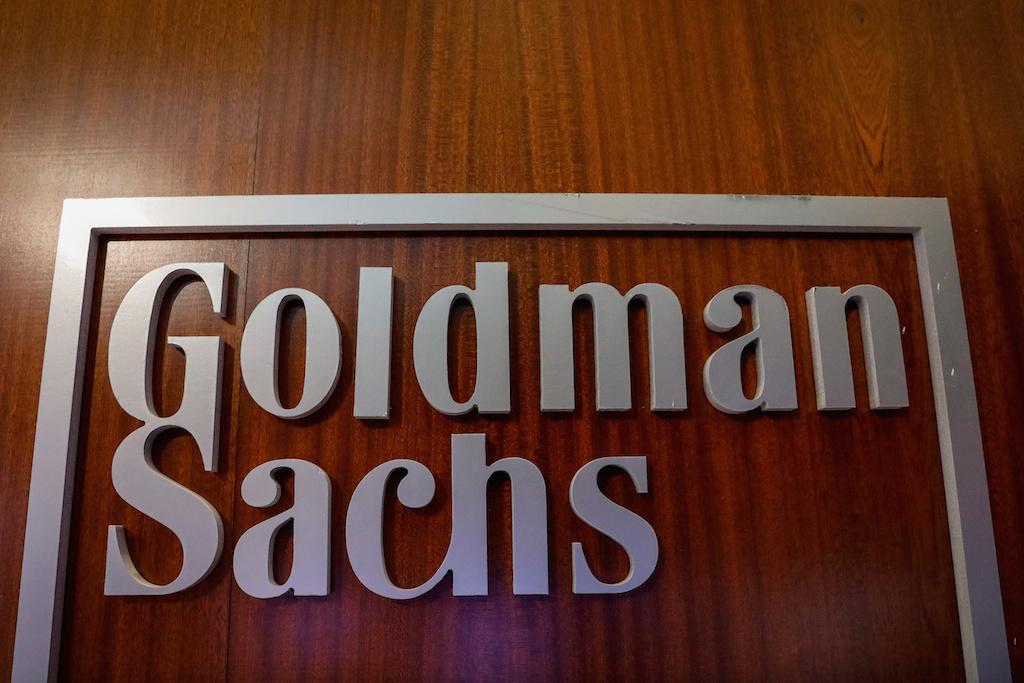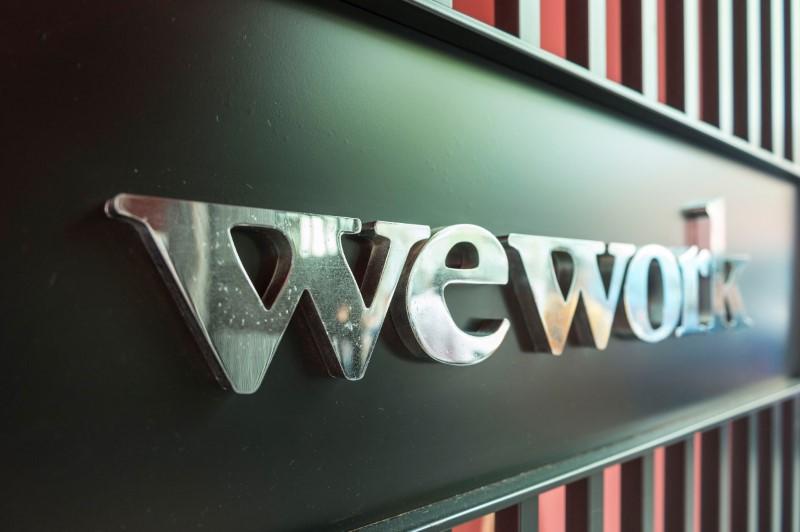When Samuel Maddock built a browser that lets friends watch an online video at the same time, he used what seemed like the cheapest and simplest option: Chromium, a free, open-source version of Google’s Chrome web browser.
Maddock’s creation worked well, but because it was based on Chromium, he needed another Google product called Widevine to authenticate users and prevent video piracy. He sent Google a request, outlining the project, and waited. And waited. Four months and 10 emails later he got a one-line answer: sorry, you can’t use the software for that.




